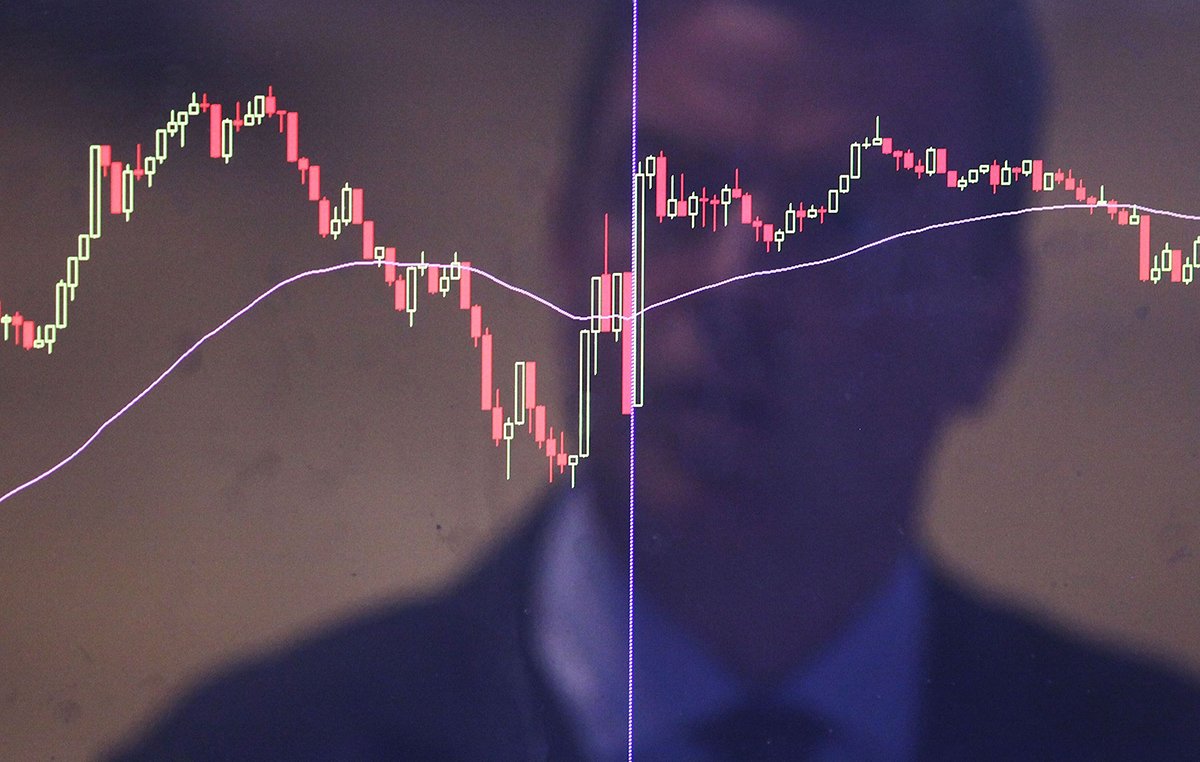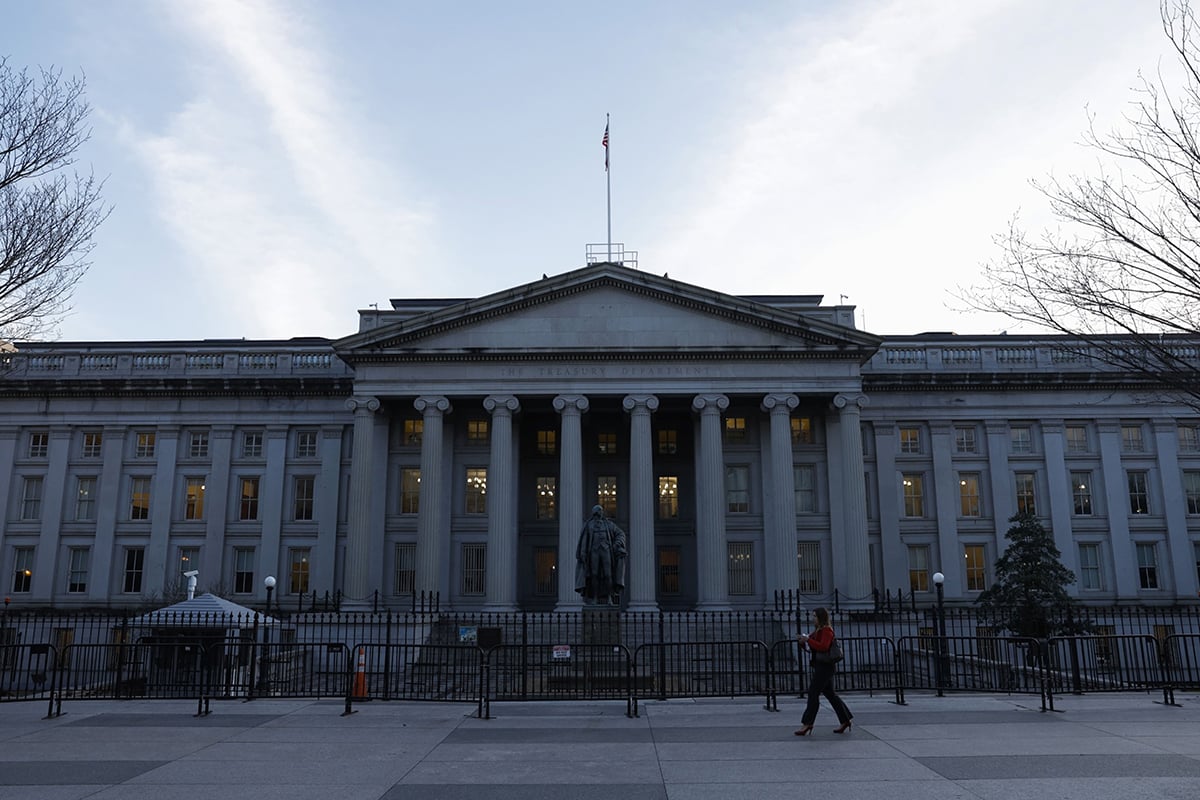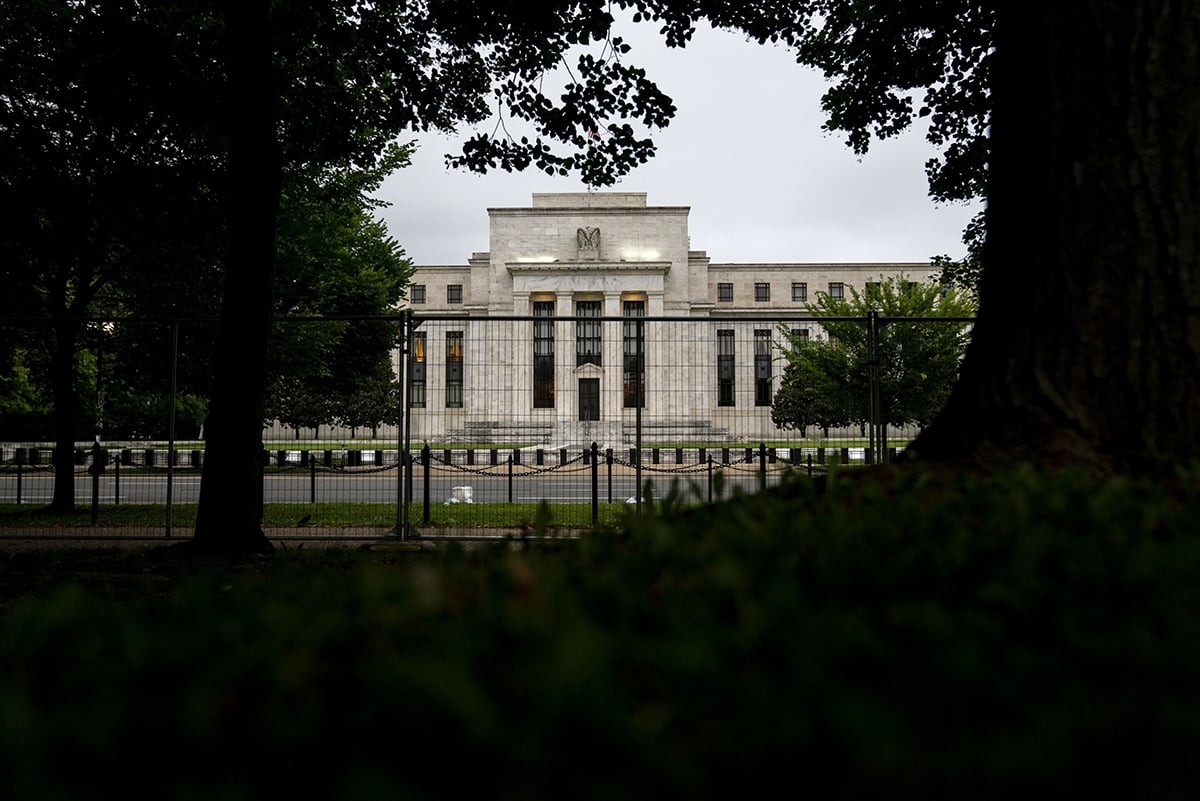About The Author
CONNECT WITH THIS AUTHOR
July 30, 2024
News
Goodbye, LIBOR
June 29, 2023
May 31, 2023
February 03, 2023
September 27, 2022
August 30, 2022
July 27, 2022
March 10, 2022
December 31, 2021
December 10, 2021







